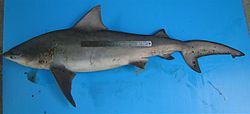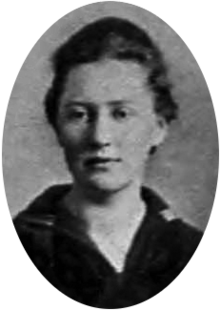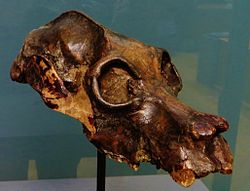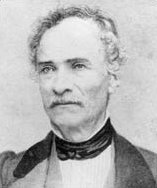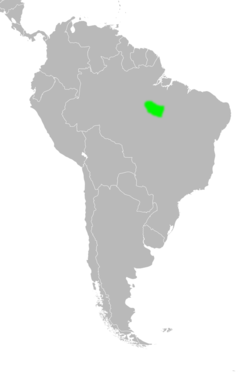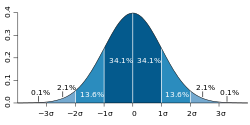Portal:Science
Science portal

Science is a systematic discipline that builds and organises knowledge in the form of testable hypotheses and predictions about the universe. Modern science is typically divided into two or three major branches: the natural sciences (e.g., physics, chemistry, and biology), which study the physical world; and the social sciences (e.g., economics, psychology, and sociology), which study individuals and societies. Applied sciences are disciplines that use scientific knowledge for practical purposes, such as engineering and medicine. While sometimes referred to as the formal sciences, the study of logic, mathematics, and theoretical computer science (which study formal systems governed by axioms and rules) are typically regarded as separate because they rely on deductive reasoning instead of the scientific method or empirical evidence as their main methodology. (Full article...)
Featured article -
Featured pictures
Vital articles
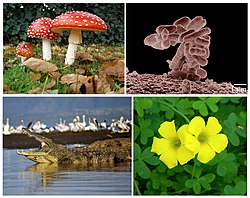
Biology is the scientific study of life. It is a natural science with a broad scope but has several unifying themes that tie it together as a single, coherent field. For instance, all organisms are composed of at least one cell that processes hereditary information encoded in genes, which can be transmitted to future generations. Another major theme is evolution, which explains the unity and diversity of life. Energy processing is also important to life as it allows organisms to move, grow, and reproduce. Finally, all organisms can regulate their own internal environments. (Full article...)
Did you know...
- ... that physicist Sabine Hossenfelder's book Existential Physics discusses whether free will, the multiverse, the existence of God, and the meaning of life are topics that science can answer?
- ... that a job offer from the Empire Cinema saved science fiction writer John Russell Fearn from factory-based war work that "damned near killed [him]"?
- ... that E. F. Bleiler conducted research for Science-Fiction: The Gernsback Years by reading all 1,835 stories published in science fiction magazines between 1926 and 1936?
- ... that Margareth Rago seeks to establish a methodology for what she calls "feminist science"?
- ... that the 1827 novel A Voyage to the Moon contains the first use of anti-gravity for space travel in science fiction?
- ... that Mary Clutter used her directorial position at the National Science Foundation to require scientific conferences to include women speakers when presenting research done by them?
Get involved
| This portal needs to be updated. Please help update this portal to reflect recent events or newly available information. Relevant discussion may be found on the talk page. |

|

|
Science News
- 14 April 2025 – Blue Origin NS-31
- A Blue Origin New Shepard launch vehicle makes a brief sub-orbital spaceflight, carrying six female space tourists, marking the first all-female spacecraft since 1963's Vostok 6 which had Valentina Tereshkova as the pilot and the spacecraft's sole passenger. (NPR) (USA Today)
- 1 April 2025 – Private spaceflight
- SpaceX successfully launches four humans into orbit over Earth’s poles for the first time for the human spaceflight mission Fram2. The journey will last three to five days. (The New York Times)
- 26 March 2025 –
- Scientists discover Mongolian dinosaur Duonychus tsogtbaatari. (NBC News)
- 25 March 2025 –
- A 6.7 magnitude earthquake hits New Zealand causing a tsunami warning to be issued. A tsunami was then spotted in Fiordland. [1]
- 7 March 2025 – Stand Up for Science 2025
- Organized demonstrations and walkouts of scientists take place across 30 cities in the United States and France in protest of the Donald Trump administration's grant budget and employment cuts to several government scientific agencies. (AP)
- 6 March 2025 –
- According to a report in the academic journal Science, the population of the 554 recorded species of butterflies in the U.S. have declined by 22% since 2000. (NPR)
Related portals
Top 10 WikiProject Science Popular articles of the month -
Categories -






